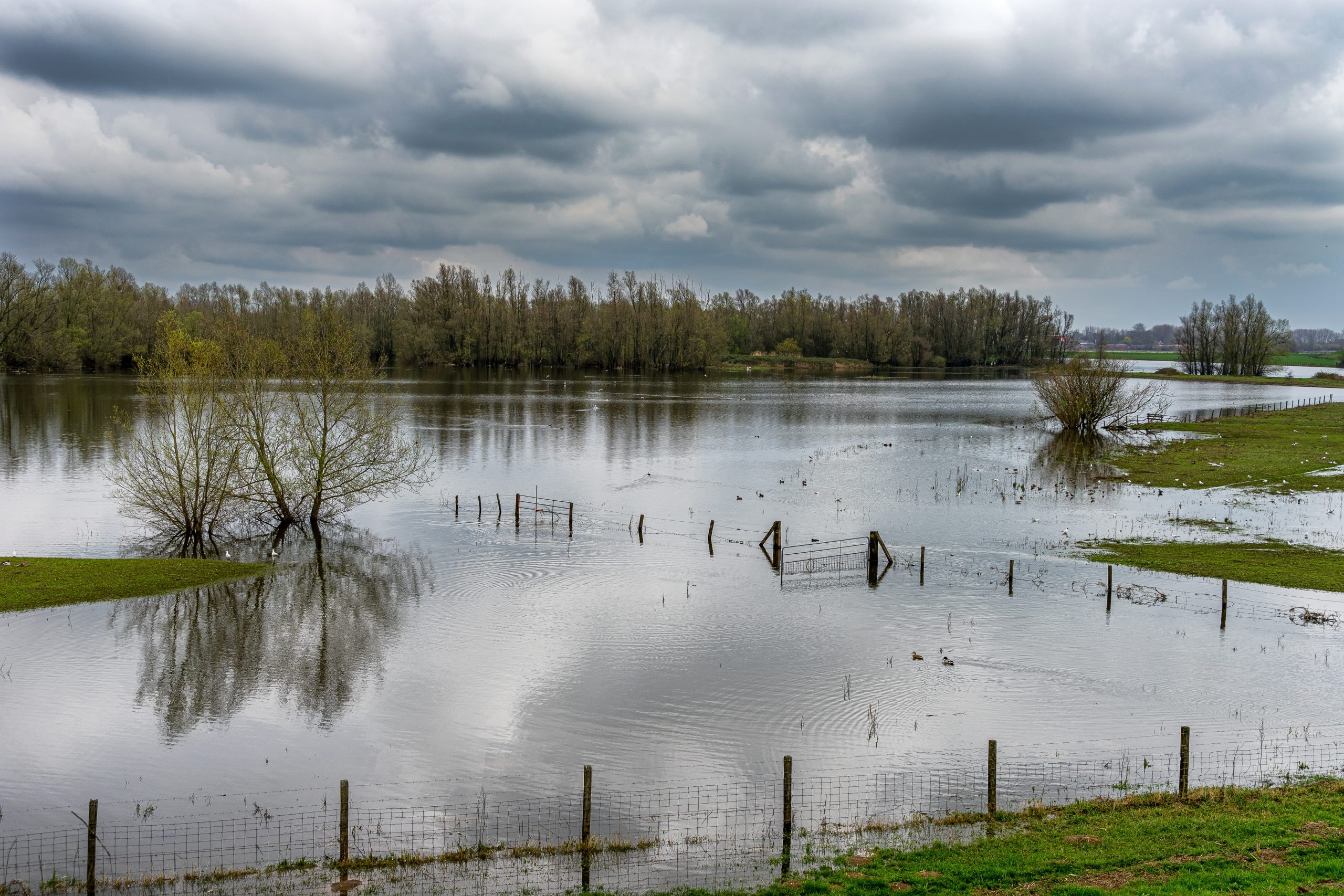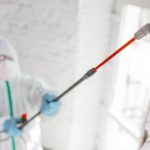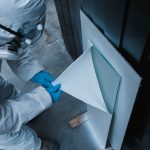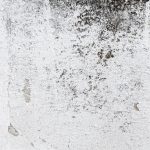
When your home or business is impacted by water, the terms “flood damage” and “water damage” might seem interchangeable. However, these terms carry distinct meanings, especially when it comes to insurance coverage and recovery processes. Understanding the difference is essential for homeowners in Naples, Fort Myers, Cape Coral, Bonita Springs, and other parts of Southwest Florida, where heavy rains and storms are common.
At QCI, we specialize in addressing both flood damage and water damage, ensuring your property is restored quickly and safely. If you’re dealing with water issues, visit qci-online.com or call us at (239) 777-2875 for expert help.
Defining Flood Damage and Water Damage
What Is Flood Damage?
Flood damage refers to water damage caused by an external event where water inundates normally dry land. This includes overflowing rivers, storm surges, or heavy rainfall leading to flash floods. According to the National Flood Insurance Program (NFIP), a flood involves:
- An overflow of water onto land that is normally dry.
- Affecting at least two acres or two properties.
Flood damage often affects entire neighborhoods or communities, as seen in areas like Bonita Springs and Naples, which are prone to flooding during hurricanes or tropical storms.
What Is Water Damage?
Water damage, on the other hand, typically originates from inside your property. It includes damage caused by:
- Leaking pipes or plumbing issues.
- Malfunctioning appliances like dishwashers or washing machines.
- Roof leaks from heavy rain.
Unlike flood damage, water damage is usually confined to a single property and is more localized, such as a burst pipe in a Fort Myers home.
Key Differences Between Flood Damage and Water Damage
Understanding the differences between these types of damage is critical for recovery and insurance purposes:
1. Source of the Water
- Flood Damage: Caused by external sources, such as rising rivers, storm surges, or heavy rainfall.
- Water Damage: Caused by internal issues, like plumbing leaks or roof failures.
2. Scope of Impact
- Flood Damage: Often widespread, affecting entire neighborhoods or regions, like parts of Cape Coral during Hurricane Milton.
- Water Damage: Usually localized to a single property or area within a property.
3. Insurance Coverage
Insurance policies often treat these types of damage differently:
- Flood Damage: Requires separate flood insurance, as standard homeowners’ policies do not cover flooding.
- Water Damage: Typically covered under homeowners’ insurance, provided the damage is sudden and accidental, like a burst pipe.
How to Identify the Type of Damage
Determining whether you’re dealing with flood damage or water damage can sometimes be tricky. Here are a few questions to help clarify:
- Where Did the Water Come From?
If the water came from outside your home due to rising floodwaters or storm surges, it’s likely flood damage. If it originated from inside your home, it’s water damage. - Was the Damage Sudden or Gradual?
Sudden, accidental events, such as a pipe bursting, are considered water damage. Flood damage usually occurs gradually as water levels rise. - Did the Water Affect Other Properties?
Flood damage often impacts multiple homes or properties, while water damage is typically isolated.
Common Issues with Flood and Water Damage
Both flood and water damage can lead to similar issues, but the severity often differs. Homeowners in Southwest Florida, especially in flood-prone areas like Naples, should be aware of these risks:
Mold Growth
- Flood damage often leads to extensive mold growth due to prolonged exposure to water.
- Water damage can also result in mold if not addressed quickly, especially in humid climates like Fort Myers.
Structural Damage
- Flood damage may compromise the foundation of your home due to standing water.
- Water damage can weaken walls, floors, and ceilings, especially if caused by a long-term leak.
Contaminants
- Floodwaters often contain sewage, bacteria, and debris, making cleanup more hazardous.
- Water damage from clean sources like a broken pipe is less likely to involve contaminants.
Steps to Take After Flood or Water Damage
No matter the type of damage, taking swift action is crucial. Here’s what to do:
1. Ensure Safety
Floodwaters may be contaminated or hide hazards. Always wear protective gear and avoid standing water if electrical systems are involved.
2. Document the Damage
Take photos and videos to document the extent of the damage. This is especially important for insurance claims.
3. Remove Water
Begin water extraction immediately to prevent further damage. For large-scale flooding, professional help is essential.
4. Dry and Dehumidify
Use fans and dehumidifiers to dry affected areas. In high-humidity cities like Cape Coral, this step is critical to prevent mold growth.
5. Call a Professional
Both flood and water damage require specialized expertise for proper cleanup and restoration. At QCI, we handle both types of damage with eco-friendly, chemical-free methods.
How QCI Can Help
At QCI, we understand the unique challenges homeowners face in Southwest Florida. Whether you’re dealing with flood damage from a hurricane or water damage from a burst pipe, our team provides comprehensive restoration services, including:
- Water Extraction: Quick and efficient removal of standing water.
- Mold Remediation: Safe and effective solutions to eliminate mold.
- Air Quality Testing: Ensuring your home is safe to live in after water exposure.
- Structural Repairs: Restoring your home to its pre-damage condition.
We proudly serve Naples, Fort Myers, Cape Coral, Bonita Springs, and surrounding areas. Contact us at (239) 777-2875 or visit qci-online.com for 24/7 assistance.
Preventing Future Damage
While some causes of water and flood damage are unavoidable, there are steps you can take to minimize risks:
- Install a Sump Pump: Helps remove water from your home during heavy rains.
- Seal Cracks and Openings: Prevent water from seeping into your foundation.
- Maintain Your Plumbing: Regular inspections can help catch leaks before they cause damage.
- Invest in Flood Insurance: Especially important for residents in flood-prone areas like Bonita Springs.
Conclusion
Understanding the difference between flood damage and water damage is key to protecting your property and navigating insurance claims. Whether you’re in Naples, Fort Myers, or nearby cities, QCI is here to help with expert restoration services tailored to your needs.
If your home has been affected by flood or water damage, don’t wait. Contact QCI today or visit qci-online.com for professional assistance. Let us help you restore your property and your peace of mind!






